Ad

The State of Bixby: Evaluating Samsung's Voice Assistant
Follow Us:
5,682 views
The Genesis of Bixby:
Launched by Samsung in 2017, Bixby aimed to enhance the user experience across Samsung devices, including mobile phones, smart TVs, and home appliances. Samsung emphasized Bixby's integration within its ecosystem, offering voice-controlled features and personalized assistance. However, Bixby faced challenges due to fierce competition from established voice assistants.
Mixed Reception and Areas of Improvement:
Initial reception of Bixby was met with criticism regarding its limited functionality, lack of natural language processing, and inconsistent performance. Users struggled to effectively communicate with Bixby, leading to frustration and a preference for other voice assistants. Samsung acknowledged these concerns and made efforts to improve Bixby through subsequent updates, addressing its limitations and enhancing its capabilities. Samsung remained committed to enhancing Bixby despite its initial challenges. Over time, the company introduced updates and improvements to expand Bixby's functionality. Features such as voice control for various applications, integration with Samsung's SmartThings ecosystem, and compatibility with a wide range of Samsung devices were introduced. Additionally, collaborations with third-party developers broadened Bixby's capabilities and compatibility with popular apps and services.

Challenges and Competition:
Bixby faces substantial competition from well-established voice assistants such as Siri, Google Assistant, and Alexa. These competitors enjoy a larger user base, extensive developer support, and integration across multiple platforms. Consequently, Bixby struggles to gain significant market share, as users tend to gravitate towards voice assistants with proven track records and superior performance. Another challenge for Bixby lies in the perception of redundancy. With other voice assistants offering similar functionalities, some users question the need for an additional voice assistant. This perception has hindered Bixby's adoption and limited its usage, impacting its overall standing in the market.
The Future Outlook of Bixby:
Despite the challenges, Samsung continues to invest in Bixby's development, determined to enhance its capabilities and user experience. The company's commitment to integrating Bixby across its range of devices underscores a long-term strategy to establish Bixby as a central component of Samsung's ecosystem.
Conclusion:
While Bixby has faced obstacles in gaining widespread popularity, it is premature to label it as "dead." Samsung's ongoing efforts to improve Bixby, expand its functionality, and integrate it into their devices demonstrate their dedication to the voice assistant. However, Bixby faces an uphill battle to compete with established voice assistant giants. Its success will depend on overcoming these challenges, carving out a unique value proposition, and providing a compelling user experience. Only time will reveal whether Bixby can establish itself as a prominent voice assistant in the market.
Latest News


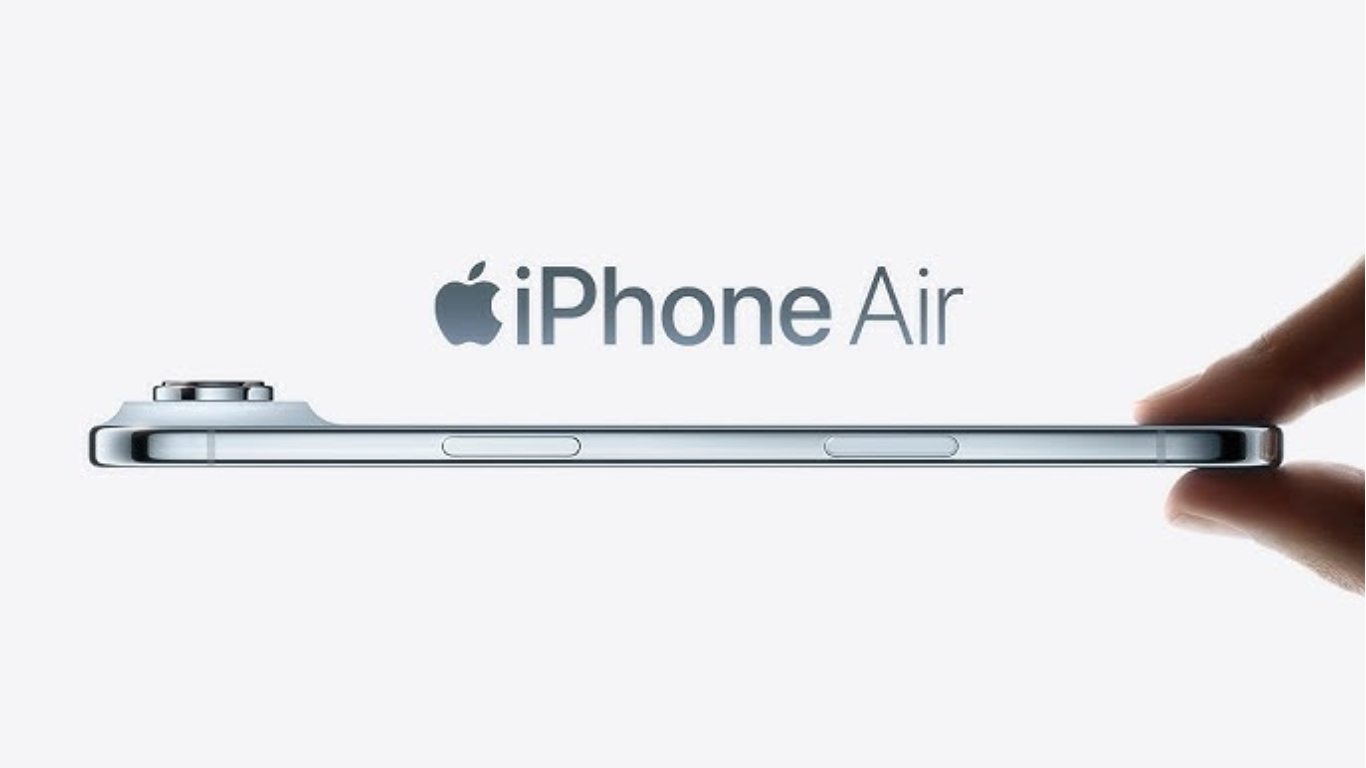

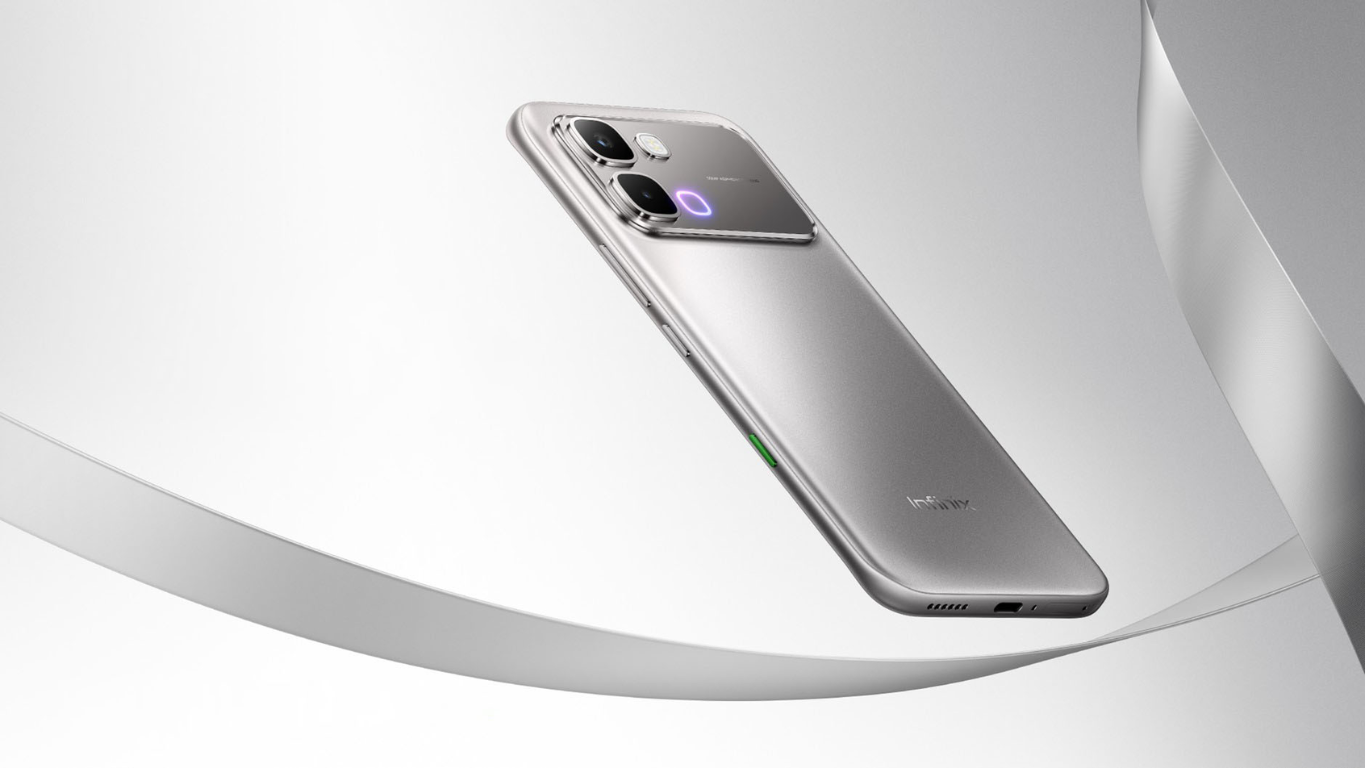
Reviews & Guides
View All

Vivo V70 Elite Review 2026: Price in India, Specs, Features
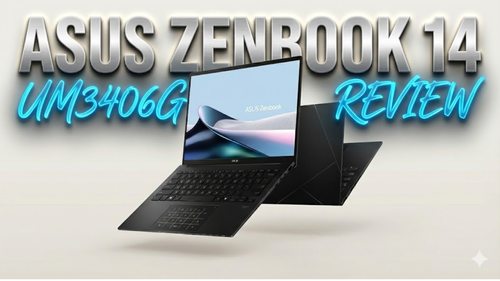
Asus Zenbook 14 UM3406G Review: All New Thin and Light Ai Laptop
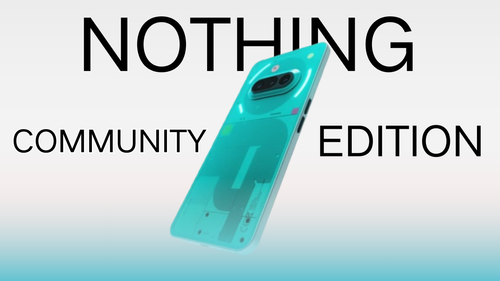
Nothing Phone 3a Community Edition First Impressions: A Fresh Take on Budget Smartphones
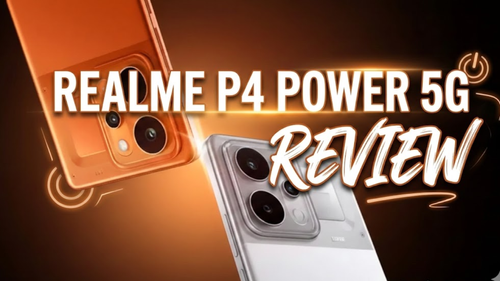
Realme P4 Power 5G First Impressions: Massive Battery and Power

Best Water-Efficient Washing Machines in India 2026: Top 7–9kg Models

Best Steam-Enabled Front-Load Washing Machine in India 2026: Benefits for Tough Stains

Laser Printer vs Inkjet Printer: Key Differences, Pros, Cons

Budget vs Premium Washing Machines in India 2026: Key Differences







